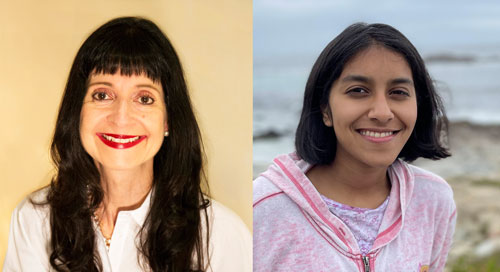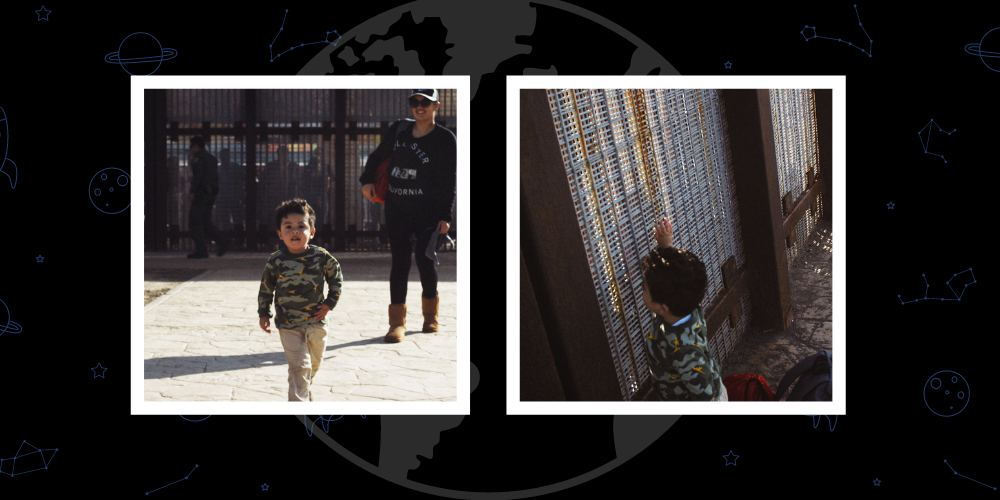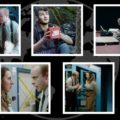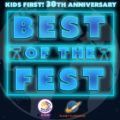This month, audiences can screen An Inclusion Lens on the Planet Classroom Network. The film is curated for the Planet Classroom Network by KIDS FIRST! Film Festival.
Directed by 16-year-old Arushi Maheshwar, An Inclusion Lens explores inclusion through interviews and personal stories, offering a tapestry of experiences from diverse voices.
The film reveals the importance of belonging and acceptance while encouraging viewers to reflect on their understanding of inclusion and contribute to creating a more inclusive world.
The Global Search for Education is pleased to welcome Arushi Maheshwar.
Arushi, what inspired you to choose inclusion as the central theme of your film, and how did you approach highlighting different perspectives on this concept?
Equity is one of my deepest core values. In my own school community, I often noticed the lack of inclusion for members of the neurodivergent and disabled communities. Because of this, I truly wanted to bring attention to the importance of inclusivity, especially in the arts, as the arts are a center for inclusivity. I wanted to include as many people as possible who were passionate about this issue.
How did you select the individuals interviewed for the film, and what were you hoping to achieve by including their specific voices and stories?
I wanted to include individuals across all different age groups, which is why I included high schoolers as well as adults, each having a very unique perspective on inclusivity. All of these individuals were united by their passion for the arts. By highlighting each of their perspectives, I really wanted to shine a spotlight on why inclusivity matters to different people. There is no set definition of inclusivity because every individual has a completely different story, and I wanted to highlight just that.
What challenges did you face in balancing the diverse perspectives presented, and how did you ensure that each voice was given its due representation?
I wanted to make sure that the film wasn’t too long so that it thoughtfully conveyed the main point. The main challenge in this was editing together each perspective and figuring out the key parts of each individual’s recordings to include. Each individual had an equal amount of speaking time in the film, and each of their points was well articulated into the final product.
How do you hope this film will impact viewers’ understanding of inclusion and inspire them to create more inclusive communities in their own lives?
I really hope that by hearing stories from individuals across all ages, viewers can think about their own lives and what inclusion has meant to them. Inclusion is a concept that applies to every aspect of society, and I hope this video allows people to recognize environments where inclusion is not occurring and feel empowered to make these environments more inclusive. Additionally, I hope this film will encourage viewers to see inclusion as an integral part of society, not just as an extra step to take.
Thank you Arushi!
C.M. Rubin with Arushi Maheshwar
Don’t miss An Inclusion Lens, now streaming on the Planet Classroom Network, curated by KIDS FIRST! Film Festival.







Recent Comments